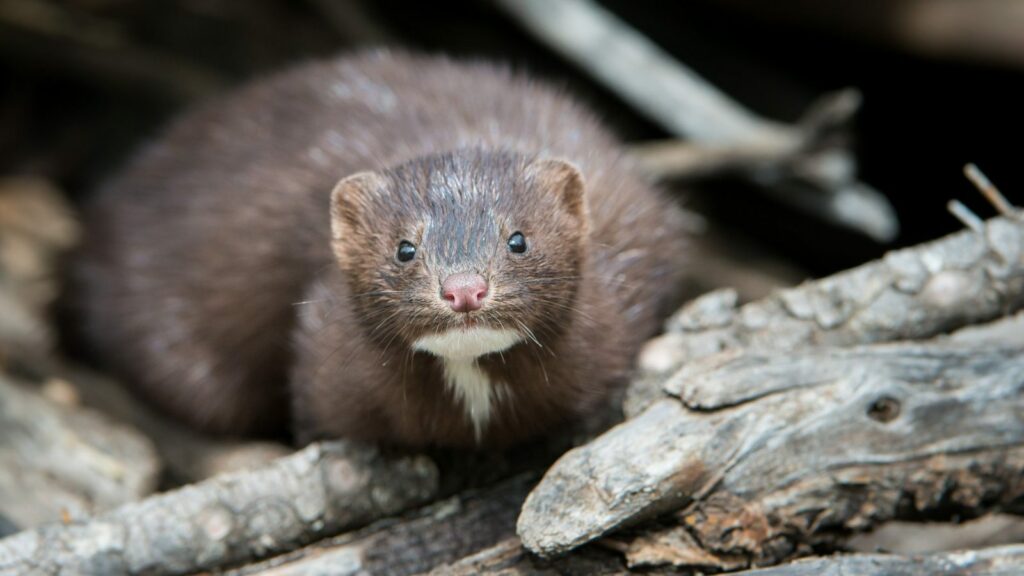The Republic of Ireland has banned fur farming.
Legislation prohibiting the practice—titled the Animal Health and Welfare and Forestry (Miscellaneous Provisions) Bill 2021—completed its passage through the Irish Senead (Senate) at the end of March. President Michael D Higgins signed it into law yesterday.
The move, which will see the country’s last three mink farms shut down for good, is the latest in a string of European fur farming bans.
At the end of last year, Italy approved a budget law that would see the country’s fur farming industry close completely. In June 2021, Estonia became the first Baltic state to pass a fur farming ban. In November 2020, Hungary announced a ban on the farming of mink, foxes, ferrets, coypu, and polecats for their fur.
The Irish ban is also in line with the opinion of its own citizens. According to the Fur Free Alliance—an international coalition of animal protection organisations—80 percent of the country’s residents are against fur farming.
Cruelty in the fur farming industry
Fur Free Alliance reports that more than 95 percent of fur pelts sold around the world come from farmed animals.
But these farms are undeniably cruel: animals live in small, cramped enclosures, often with wire floors. It’s uncomfortable, and can cause physical ailments like skin or eye infections. But it also stops fur-bearing animals from being able to behave as they would out in the wild. They can’t hunt, run, dig, or swim, and because of this, they often display signs of severe psychological stress.
According to Pippa Hackett, the Green Party Minister of State at Ireland’s Department of Agriculture, preventing animal cruelty was a key factor behind Ireland’s new legislation.
“Banning fur farming is a vital step in the protection of animal welfare. [It] puts us in line with similar legislation being implemented across Europe,” she said in a statement.
She added: “No welfare standards or inspection regimes can prevent welfare problems being encountered regularly on fur farms.”






